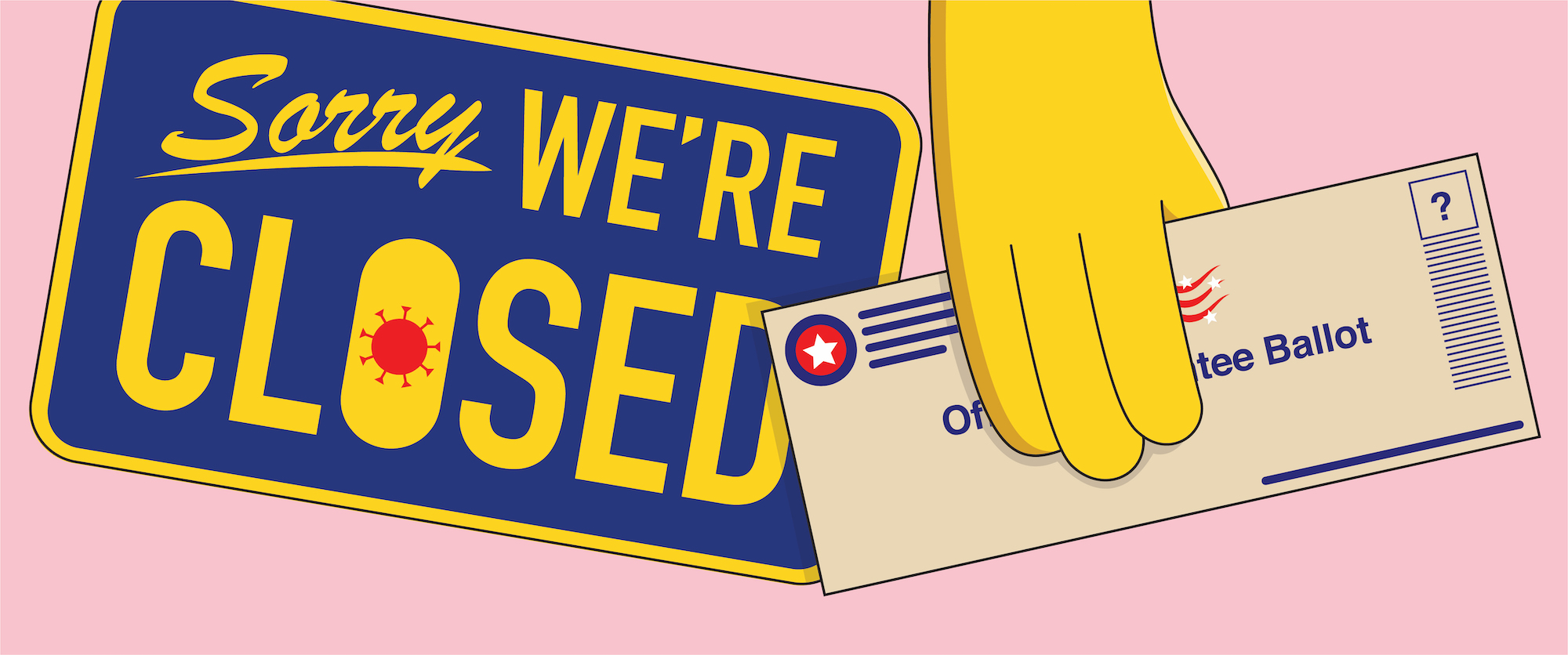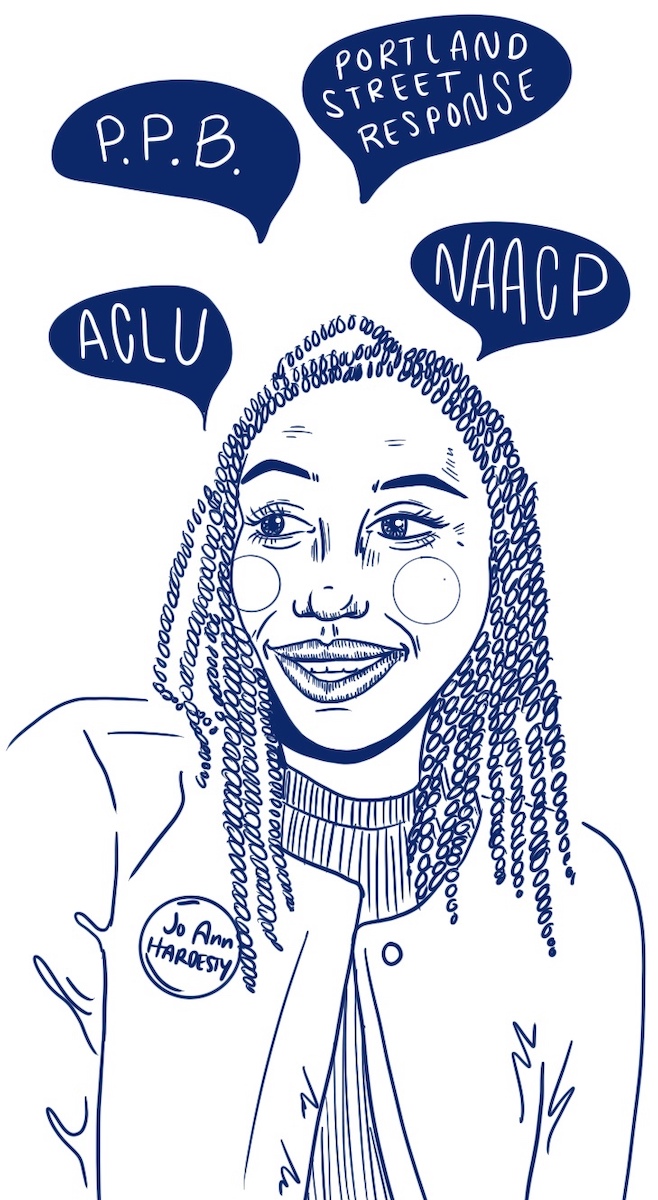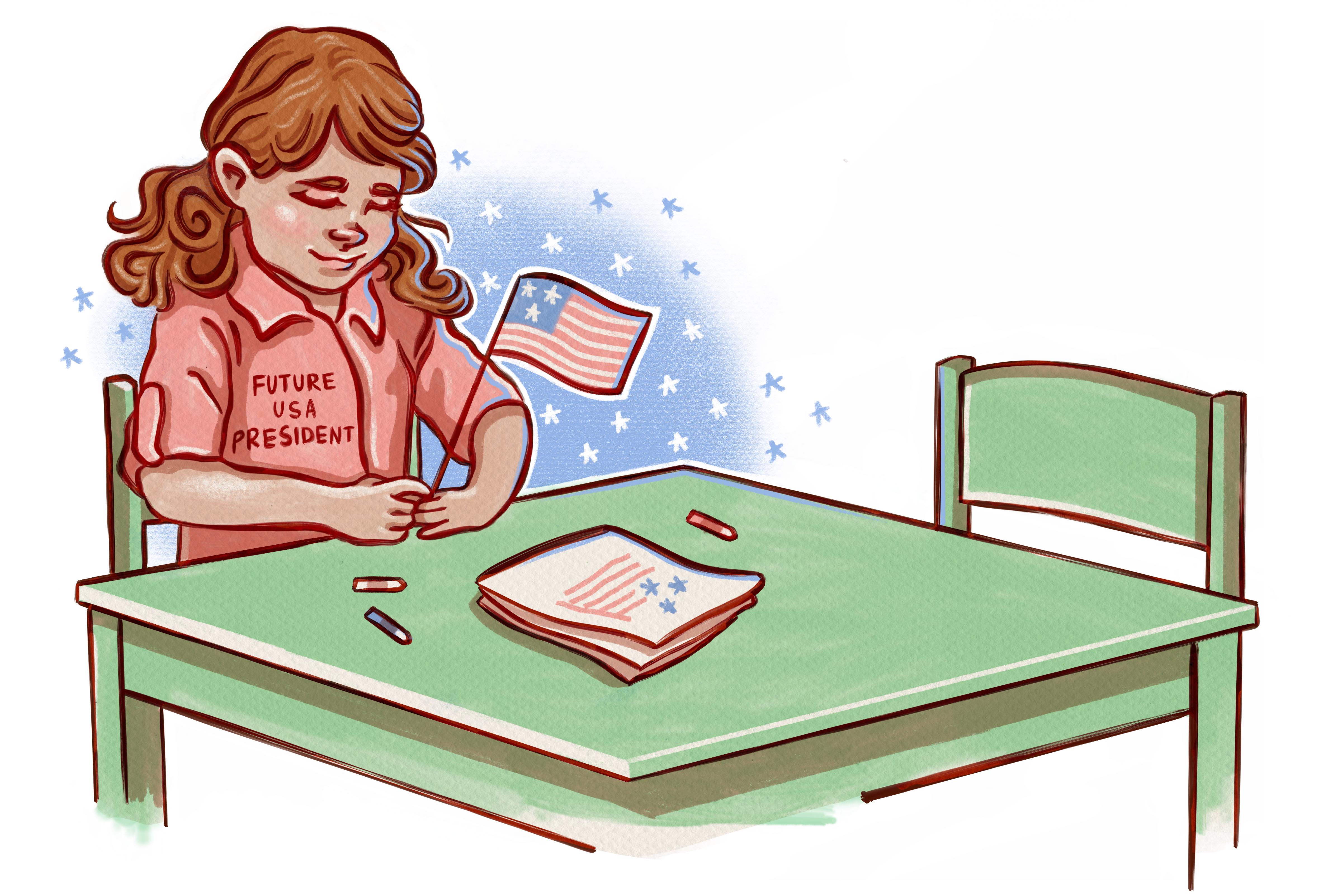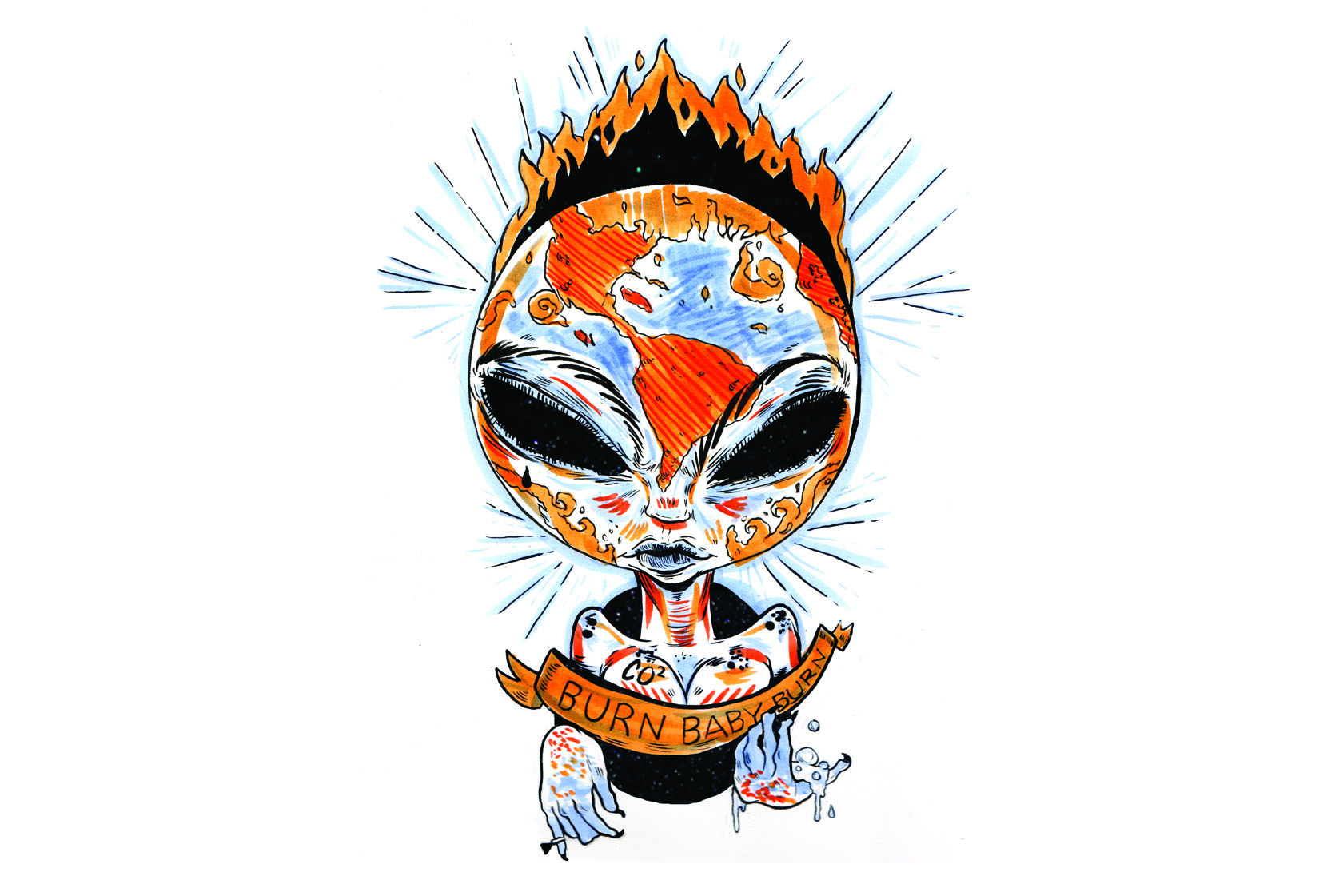“My back is spineless. My belly is yellow. I am the American non-voter.”
The Simpsons famously opined on the state of the American electorate in the 1991 episode “Mr. Lisa Goes to Washington,” but this observation was not a novel one: non-voters have always comprised a sizable proportion of the electorate. Including undervoters, or people who mark few, if any, candidates on their ballots, the primary political party in the United States is nobody.
In other words, there is no party in the U.S.
To be clear, analyses of the voting age population have found a majority voted in presidential elections regularly, heading toward 60% in the past two elections. Yet, turnout for primaries, non-presidential elections and local plebiscites remain extremely low. It is one thing to be an active voter when it’s a national contest but when people invoke civic duty and other high-flying concepts of citizenship and the electorate responds with a resounding “meh,” it’s not exactly a sign of faith in the political system or the value of one’s vote.
In most cases, the non-voter is poorer, less white and less politically connected than other voters. They represent a population that is often stymied by political interference and disenfranchisement. Tussles over the validity of the votes of certain people do not exactly build confidence in the current political system, so who can blame people when they say their votes will not count? Appealing to their sensibilities by saying that only voting can reverse these trends is so demonstrably false it probably drives people even further away from participation.
Who can blame non-voters? Certainly not the people who try vainly to win their votes in election after election.
The U.S. should consider the value and burden of non-voting on marginalized communities when trying to ascertain the franchise it extends to top vote-getters. If elections almost always hinge on the opinions of a small subset of supposedly free voters, then it is merely a popularity contest among a privileged class. Even more staggering is the absence of the non-voter from political decisions, dissolving the mirage of a representative system. When a voter is forced into a system that demands their vote, yet gives political voice to people that have already won privilege, it should be no surprise that they turn away from the ballot box.
Solutions to this kind of large-scale disenfranchisement and disregard often hinge on empty circular reasoning, imploring the non-voter to vote in order to make their votes matter more. This Sisyphean invocation of political power and gain represents a system that takes the slim margins it gains from the trust of non-voters and immediately turns around and shakes them off.
Even the most progressive voices of the political class seem to be locked in a constant appeal to a burden they themselves do not feel. The Nancy Pelosis and Mitch McConnells of the world simply do not fear or respect the Alexandria Ocasio-Cortezes of the world and the voters they represent. Changing the system from the inside would be nice, sure, but entrenched power that has its roots tangled in the base of our very politics has a habit of not only refusing to cede power, but also strangling the upstarts who believe a better world is possible.
Evidence of this narrow, electorate-betraying thinking is clear in opinion polls, long the driver of politics, being disregarded when the question is of extremely popular policies that conflict with the current political fad. Voters by wide margins wear and support the wearing of masks, but policy is not driven by such support and the sensibility of such a measure. Instead, it’s a practice in partisan virtue signaling: freedom lovers on the right and to their left, politicians that claim to be about science holding dinners for new members of Congress in an enclosed space.
The right wraps itself in patriotism and claims to be a stalwart defender of freedom and virtue, while the party to its left masks its disregard for rules applied to normal people with loud attacks on the right. No wonder non-voters are squirrely about their voting.
Do not blame the non-voter for their lack of adherence to a system that is intentionally opaque and that often betrays its own supporters. An increase in voter participation would be nice, sure, but you know what else would be great? A political system that serves the many.






